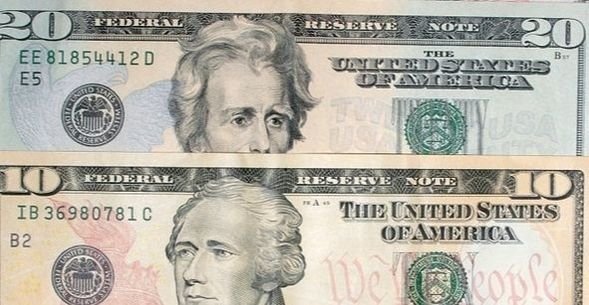The not-so-different cost of living
While the idea of Universal Basic Income (UBI) is fast becoming mainstream, questions remain as to what the 'U' in UBI should mean. Does ‘universal’ refer to all people within one country, or should it mean everyone across the globe? And should we all get the same basic income, no matter where we live?
World Basic Income is part of a growing movement that is pushing for a truly worldwide scheme that would provide basic income for people everywhere. We currently propose that this starts at $10 a month (around £7) per person, no matter where they live, and increases significantly as soon as funding allows.
Some people are surprised by the proposal that people everywhere would get the same amount, and have suggested alternative models such as providing 50% of the median income in each country.
Countries can top-up the world basic income for their people
In response to this, it is first important to note that world basic income would ideally be put in place as well as – not instead of – national basic income schemes. The funding proposals for world basic income do not draw on government budgets, so countries will still be free to provide their own transfers to meet local expectations about standards of living.
How much can you buy for $10?
Often the root of people's surprise at the single world basic income figure lies in the belief that while $10 wouldn't go far in rich countries, it would be worth a small fortune in poorer ones. Although prices do vary around the world, there is evidence to suggest that this difference might be a lot less than many people think.
The Economist’s Worldwide Cost of Living survey found that the cost of living in the ten cheapest cities in the world was, on average, 44% of what it would cost to live in New York. This means that, in New Delhi, Lusaka and Damascus, $10 would currently buy as much stuff as a New Yorker could buy with $23.
The World Bank's latest data shows a similar story. In the UK, prices are around 1.5 times the world average while in the most expensive country, Norway, they are 2.2 times the average. At the other end of the scale, people in Egypt pay only a third (0.33) of the world average price for the things they need, and in Pakistan, Belarus and Cuba prices are similarly low. Surprisingly, the world's poorest countries do not have especially low prices. In Malawi, Liberia and Niger, people pay around 0.6 times the world average price for their goods.
Given that people on the lowest incomes end up spending almost all of their money on food, it is useful to look at food prices in particular to understand how much life is costing people. According to Numbeo, you would need to spend $7.11 per day in Qatar, one of the world's richest countries, to buy the recommended amount of for food for one person. In Malawi, the minimum amount needed for the same diet is not far behind - $5.87.
The good kind of inequality
These data show that price differences are not as big as many people assume, and when compared to differences in incomes they seem even smaller. The average income per person in Norway is 164 times the average income in Liberia. Even if food is slightly cheaper, and other goods are three or four times cheaper in Liberia, people still end up with nowhere near enough to cover their basic needs, let alone enjoy a decent standard of living.
At World Basic Income, we don't mind if people in Liberia, Pakistan and Belarus end up getting a bit more bang for their buck than the Brits, Norwegians and Qataris. Rich countries have large tax bases, which they can tap to fund big top-up basic incomes for their people. Lower income countries should provide their own social security too, but we feel it is both right and inevitable that a global safety net like world basic income is more relevant in these places at first. As funding streams become better established and the level of world basic income rises, people in more and more countries will begin to notice the benefit.
It's also important to consider what alternative models would mean. If a worldwide scheme, funded by new global funding sources, were to give out money based on median incomes, vastly more money would be given to rich countries than to poor ones. It would seem very odd for a scheme that aims to tackle global inequality to hand Norway nearly $10,000 each year for every citizen, while each Liberian got only $60. This would entrench existing inequalities between nations – the exact opposite of what we aim to do.
For these reasons, we propose that people everywhere get the same world basic income, and if they find it stretches a bit further in their homeland than it would overseas, this may be no bad thing. Keeping it 'universal' in this way is crucial, to keep the plan progressive, and to enable us all to push together as one in our demands for a safety net fit for humanity.



